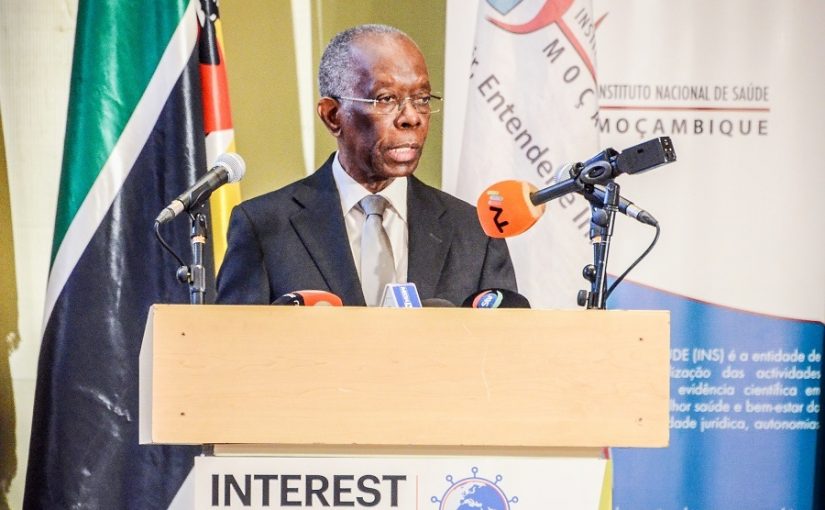Chapo calls for free movement between Mozambique and Portugal
Mozambique: Africa needs bolder science-based policies against HIV/AIDS – PM

Photo: Notícias
Mozambique’s prime minister, Adriano Maleiane, on Tuesday called for bolder public policies based on research and science to fight HIV and AIDS, with a view to bringing the disease under control in Africa.
Maleiane was speaking during the opening of the 17th internacional Conference on HIV Treatment Pathogenesis and Prevention Research in Resource-Limited Settings (INTEREST) , which brings together experts from the sector, starting on Tuesday and lasting for four days in Mozambique’s capital.
So glad you are joining us! https://t.co/2TM6oONUvK
— INTEREST Conference (@INTERESTconf) May 9, 2023
“We should continue to seek mechanisms that allow us to consolidate responses guided by scientific evidence, as well as by the identification and incorporation of scientific and technological innovations,” said the prime minister.
Maleiane stressed that Africa should boost scientific research, with the aim of producing solutions that contribute to the control of HIV by 2030, as advocated in the United Nations Sustainable Development Goals (SDGs).
“The African continent has a long way to go, given that, according to UN AIDS statistics for 2021, of the thirty-eight million living with HIV/AIDS worldwide, about twenty-six million are in sub-Saharan Africa,” he stressed.
For his part, John Nkengasong, ambassador for the United States President’s Emergency Plan for AIDS Relief (PEPFAR), a major funder in the fight against AIDS, advocated for more action to maintain the gains Africa has made in the fight against the disease.
“After the destruction and tremendous suffering caused by AIDS, remarkable results have been achieved, but much remains to be done,” he said.
The interventions in the fight against the disease should be stronger in the most affected sections of the population, such as adolescent girls, who are three times more likely to contract HIV/AIDS than other groups in society, he noted.
The 12023 INTEREST conference brings together in Maputo experts from 59 countries, with some 700 scientific papers to be presented, of which about 110 are from Mozambican researchers or scientific institutions.
The prevalence of HIV in Mozambique has dropped to 12.4%, or one in eight of the population, but that is still among the highest rates in the world, according to the results of the latest survey presented in December by the National Institute of Health (INS).
There are about 2 million adults living with the human immunodeficiency virus in the country.












Leave a Reply
Be the First to Comment!
You must be logged in to post a comment.
You must be logged in to post a comment.